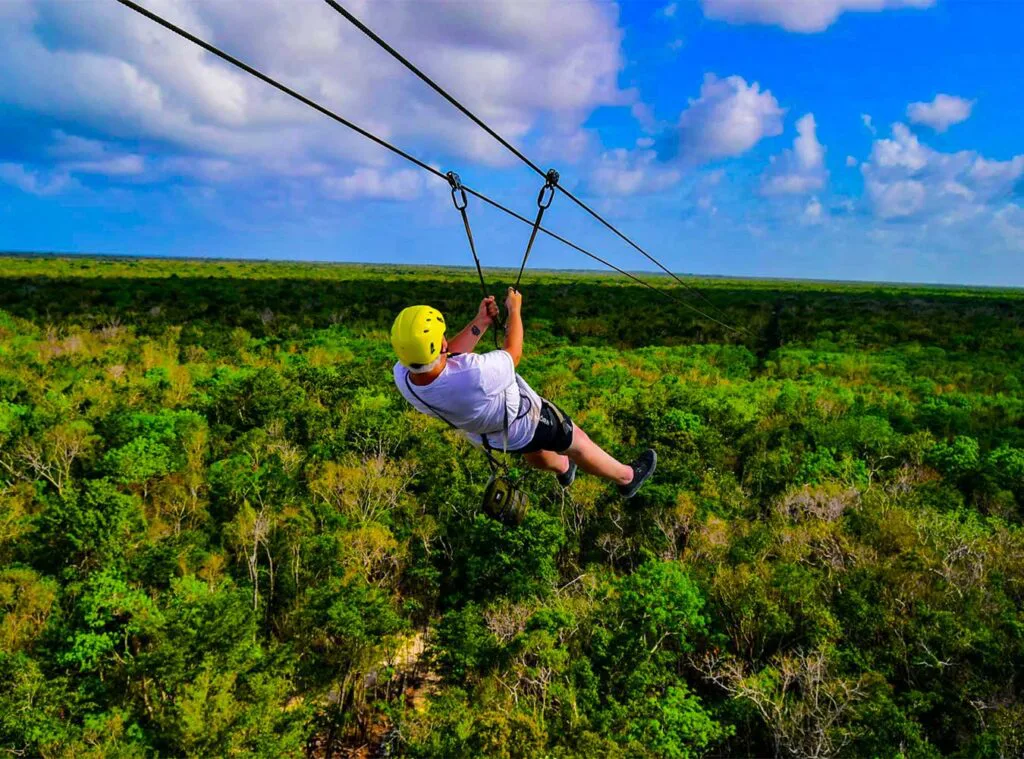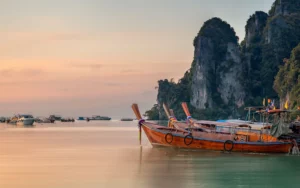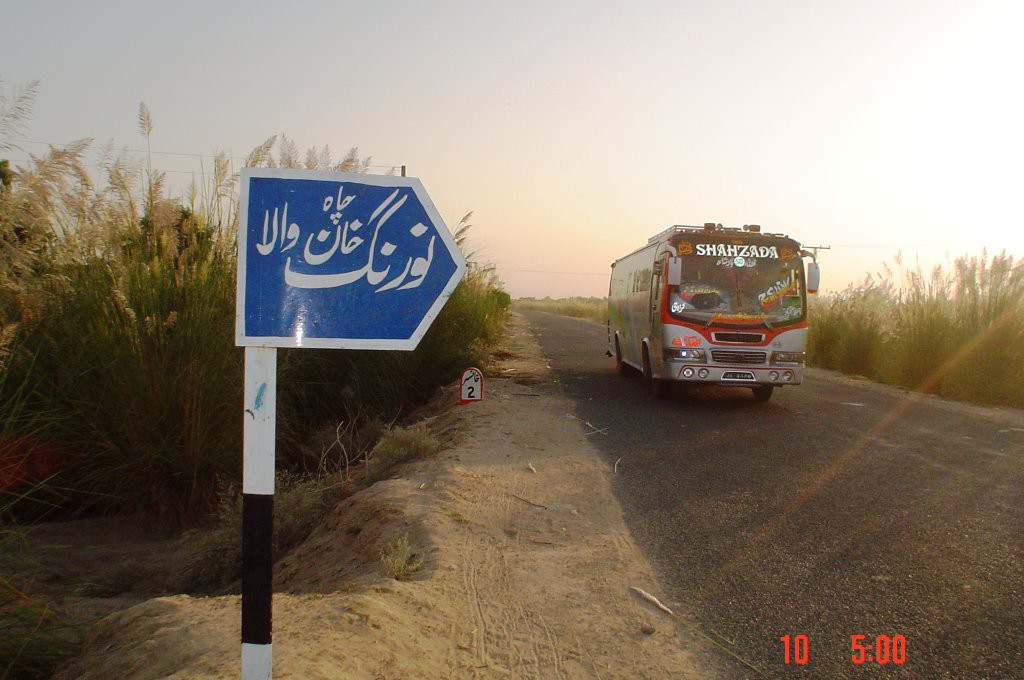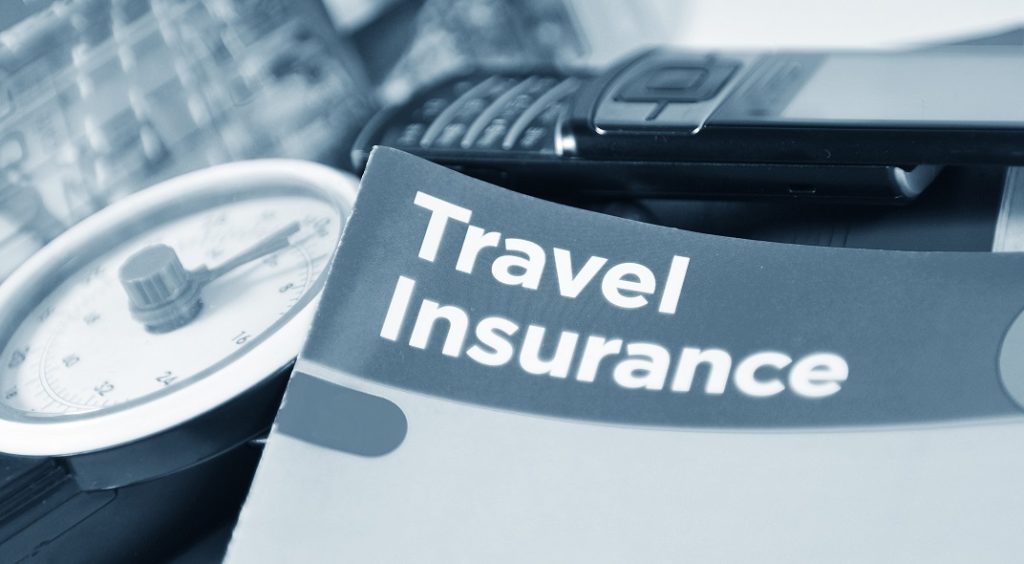Adventure travel is one of the growing trends in the tourism industry. While many people have different definitions of adventure travel, it can be characterized by physical exertion, exploring new territories, and conversing with nature.
Most activities in adventure travel usually involve some degree of risk and, at times, danger. Adventure tourism covers a wide range of sports and activities. It can include a safari in Africa, mountain climbing in the Himalayas, hiking or skiing in the European Alps, or mountain biking elsewhere. Adventure travelers seek the adrenaline rush this type of tourism creates by moving out of their comfort zone and challenging their limits.
It is easy to get caught up in the thrill of new experiences and to put safety low on your priority list. Still, a common theme in adventure travel is that most activities are in remote locations, far from medical support. Most basic travel and standard health insurance don’t cover risky activities, specifically those outside the country. Because of this, it is very important to carefully review your insurance policy to guarantee that you will be covered for all prearranged adventures.
Adventure Sports Travel Insurance
Buying travel insurance with cover for extreme sports is an option. Most health insurance doesn’t offer coverage for hospital and medical costs; if it does, it will be minimal. Verify the terms of your health insurance policy, and place specific focus about health care expenses, especially while traveling abroad. If you are not covered, buying additional insurance should be considered a key requirement if you intend to travel for adventure and extreme sports. Getting hospital care, medical treatment, and emergency evacuation in a foreign country can be very expensive.
Standard travel insurance usually covers most out of the ordinary level of activities engaged for leisure, entertainment, health, or exercise purposes only. Anything more extreme, like rock climbing, scuba diving, zip lining, mountaineering, skydiving, and much more, is not normally covered by the standard policy. Optional insurance coverage for extreme and adventurous sports can be added to your policy. It is essential that you carefully go through the list of sports and activities that are included under this option.
Remember that some sports or activities may only be covered to specified levels. For instance, scuba diving may only be covered up to 50 meters or trekking only upto 4500 meters above ground level. You need to carefully review the list of exclusions to ensure that your coverage meets your needs. It is important to clearly understand what activities you will be participating in and ask the right questions when buying your adventure travel insurance. If you want to try a new and risky that was not planned, it can be problematic to add such activity to your policy at the last minute from an international location.
In the case of an emergency that requires medical evacuation, travel insurance usually covers the costs of transportation to a hospital in other parts of the country or back to your home country. When traveling to a distant location, check with your insurer before proceeding if that emergency evacuation will be covered and possible if you are seriously ill or injured.
For some, adventure travel can become a compulsion. If adventure travel is your idea of the perfect vacation, please remember that safety should always be your top priority. In such cases, having long-term comprehensive adventure travel insurance can take some financial weight off your shoulders by taking care of all the “what if” situations.
Be Prepared for Anything When You Travel
There are many ways to be safe when going for adventure travel, and exhaustive planning is an essential key to a successful trip. Prepare your vacation the smart way by following good safety practices:
- Confirm that your vaccinations are current: Vaccination requirements vary for travel destinations. Make an appointment with a doctor to get any recommended vaccinations. Sharing your planned adventure activities is important to get medical advice or special recommendations.
- Train adequately and know your limits: Follow special training for all the activities planned during the trip. There are many extreme sports and adventures which are physically demanding and require unique skills. Your fitness level and abilities need to be allied with your training plan to have control over your performance and safety.
- To maximize your physical performance, practice the following: eat and drink regularly to stay hydrated, avoid late nights, sleep early the night before, and rest when you feel tired or overheated.
- Get proper gear and emergency supplies: Finding the right gear for your adventure is one of the basic aspects of travel safety. Testing your gear before each excursion or activity can help avoid unforeseen equipment failure that might put your life at risk. Using ill-fitted gear can also put you and others in a life-threatening situation; this is why it is a good idea to seek expert advice from a reputable outfitter. Packaging a first aid kit and proper emergency gear is always a good idea. It is also smart to communicate your location and movement plan with base camps, friends, and family if search and rescue are required.
- Share your itinerary: Sharing your itinerary with family and friends can save your life. We have no control over some external factors like the weather. Weather can fluctuate and affect your expedition’s planned schedule of activity. In the case of an emergency, sharing your plan can considerably cut down the time it will take for the emergency response teams to find you.
- Play it safe: Many countries have differing laws and regulations regarding safety. For optimal protection, verifying that your tour operator or guide complies with international safety standards is important. Only use a reputable, established guide fully trained and experienced in the country and activity. Read up on the rules and the risks of the activities in which you will participate it. Respecting those rules and guideline can make the difference between having fun and ending up in the hospital. Make sure to bring important documents along with you (passport, medical and travel insurance cards, emergency contacts, health information, immunization card, etc.).

Sadia Zaheer holds a Masters in Business Administration from IBA, Karachi. After working in several financial institutions in Client Management, Corporate Lending, Islamic Banking and Product Management she jumped careers to pursue a career in writing.
She is a Finance, Business and HR Development writer with four years of experience. She reads a lot and takes care of her multiple cats to remain calm.





